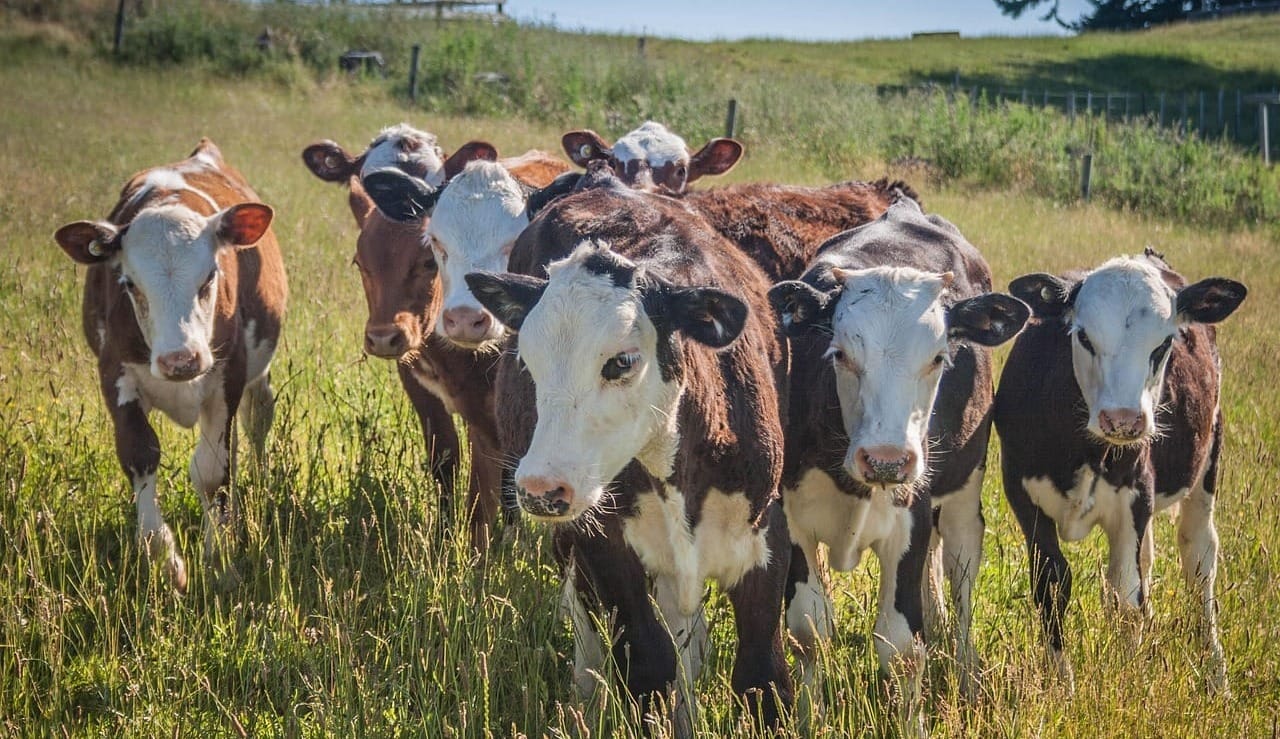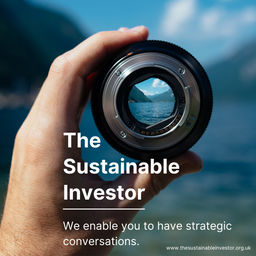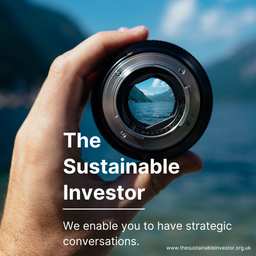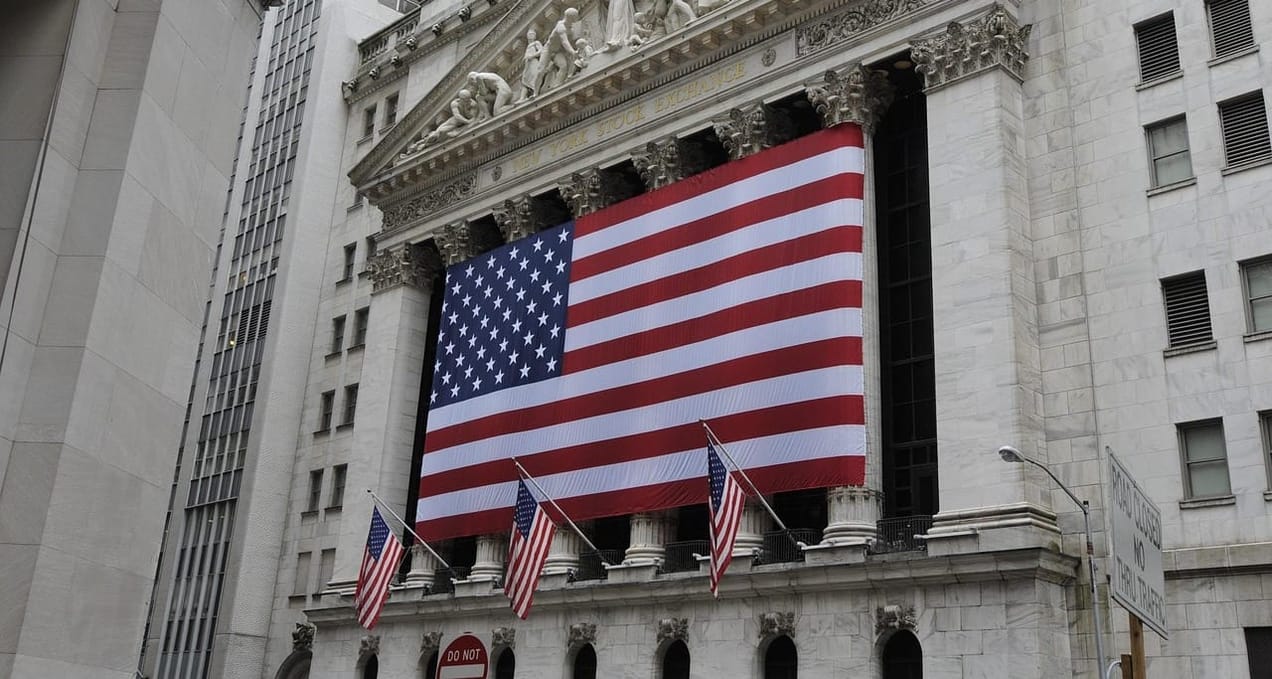Sunday Brunch: Is shifting meat consumption possible?
This is not a question about whether it is possible for humans to prosper by eating less meat (we know that is possible). It's more about how we might get to this outcome, given that our economic system currently has conflicting objectives around the price of food vs our health & environment.
Having a target is different from having a plan
For investors, corporate culture is everything. If a company has a culture that is aligned with it's strategy and plans, then there is a better chance of success. But if there is a degree of misalignment, then the outcome is harder to forecast. And disappointment is possible.
At a societal level we know that consuming less meat is an important element in delivering both climate change mitigation and reducing environmental degradation.
But knowing this, and translating it into concrete actions that actually make a difference are potentially two very different things. We not only have to persuade consumers to eat less meat (often by switching to other protein sources), we also have to solve the current industry conundrum - where the increasing push toward cheaper food clashes with the aim of eating more healthily.
Before digging down into this some more I want to be clear - I am pro farmer. I grew up in an agricultural country (New Zealand) and I have many friends who became farmers. I know how hard farming can be. To drive change we need solutions that reflect the financial constraints which many farmers, all around the world, operate under.
Our food supply systems need to change
Let's start with the macro picture. To quote the fine people at Our World in Data ...
"the global food system, which encompasses production, and post-farm process such as processing, and distribution is also a key contributor to emissions. And it’s a problem for which we don’t yet have viable technological solutions. Remember, food is responsible for approximately 26% of global GHG emissions."

This 26% estimate could end up being an underestimate - a recent World Bank conference paper - titled Recipe for a Livable Planet, suggests the number could be higher if we fully account for all end to end emissions.
And as we wrote back in March of this year - the sustainability link is clear. According to a 2016 study from the Oxford Martin School, a global switch to diets that rely less on meat and more on fruit and vegetables could save up to 8 million lives by 2050, reduce greenhouse gas emissions by two thirds, and lead to healthcare-related savings and avoided climate damages of $1.5 trillion.
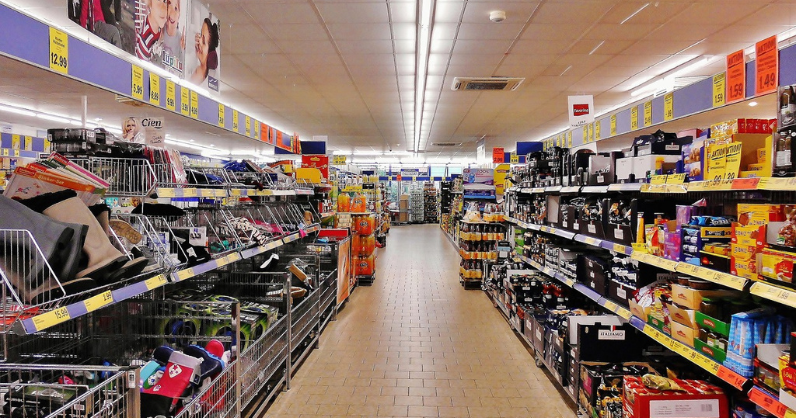
But all of this begs the obvious question.
If this shift is needed, how do we get there?
Part of the answer could be time. The underlying social trend toward eating healthier food rolls on, despite the economic backdrop that leaves many consumers feeling financially very stretched.
For our food industry tapping into this source of superior growth could be a massive opportunity. Estimates suggest that demand for plant based foods could rise in low double digits % pa, and so this is a good category to be exposed to. Given this it makes sense for food production and retail companies to get ahead of the healthy eating curve.
But on its own this doesn't feel like it's enough.
In fact, the UN Agricultural Outlook 2025-2034 projects a 6% increase in global per capita consumption of animal-source foods (beef, pork, poultry, fish, dairy and other animal products) by 2034. Putting it another way, it looks like we will be consuming more, not less, meat. This is despite the trend toward healthier food, at least some of which will be plant based.
It's very possible that the food production and retailing (supermarkets) companies could, if they worked at it, bend this curve. And as highlighted above, this could be in the company's best interest (tapping into a faster growing and potentially more profitable market segment).
Cultural barriers to change.
But, it looks as if there are some cultural and organisational reasons why this might not happen. Or if it does, it might not happen as fast as we would like.
One barrier is how companies handle the conflict between meeting the consumers desire for cheaper food (including or perhaps especially meat), and the push to make the food we eat healthier and better for us (and the planet) - which could add to the cost.
Or putting it in financial speak, for many companies their short-term commercial plans that aim to gain market share by offering cheaper food are prioritised over those that reduce the long term risk to the business by encouraging and supporting the consumption of healthier food.
This conflict was highlighted by some recent work carried out by Inside Track. They are a not for profit that brings together industry insiders (often anonymously) to highlight how change within organisations and industries can end up getting blocked.
To quote their recent report on the meat & dairy industries ...
The reality is that issues such as farmer livelihoods, animal welfare, biodiversity, pollution and land use in the UK, deforestation in Latin America and beyond, health and health inequalities, access to food choices during a cost of living crisis and climate change, while they are front of mind for the UK’s biggest producers, manufacturers and retailers, are NOT driving fundamental decision making. There has been a proliferation of signing up to initiatives, reporting frameworks, targets and tag-lines that are functionally disconnected from the decision making that matters within industry.
What can investors do?
In a way it's simple. We need to be sure that the stated objectives around healthier food are being properly aligned with the companies financial strategy. Including the detail of how teams and individuals are incentivised, and how commercial decisions are actually made.
So not that simple, but in way no different from how we judge other aspects of the deliverability of a companies strategy. Everything needs to be joined up.
One last thought
What is better meat ? There is a lot of discussion about how we need to eat less meat, for all sorts of reasons, not just climate change. But, another part of the solution is eating 'better meat'.
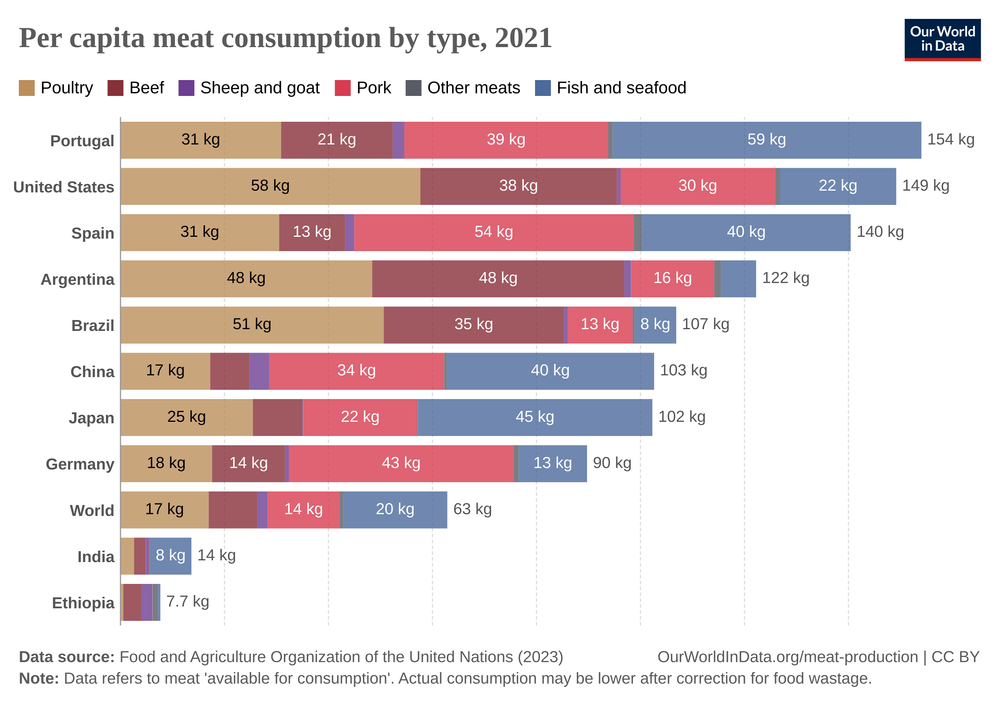
Grant me the strength to accept the things I cannot change, the courage to change the things I can, and the wisdom to know the difference. Reinhold Niebuhr - a Lutheran theologian in the early 1930's
Please read: important legal stuff. Note - this is not investment advice.
